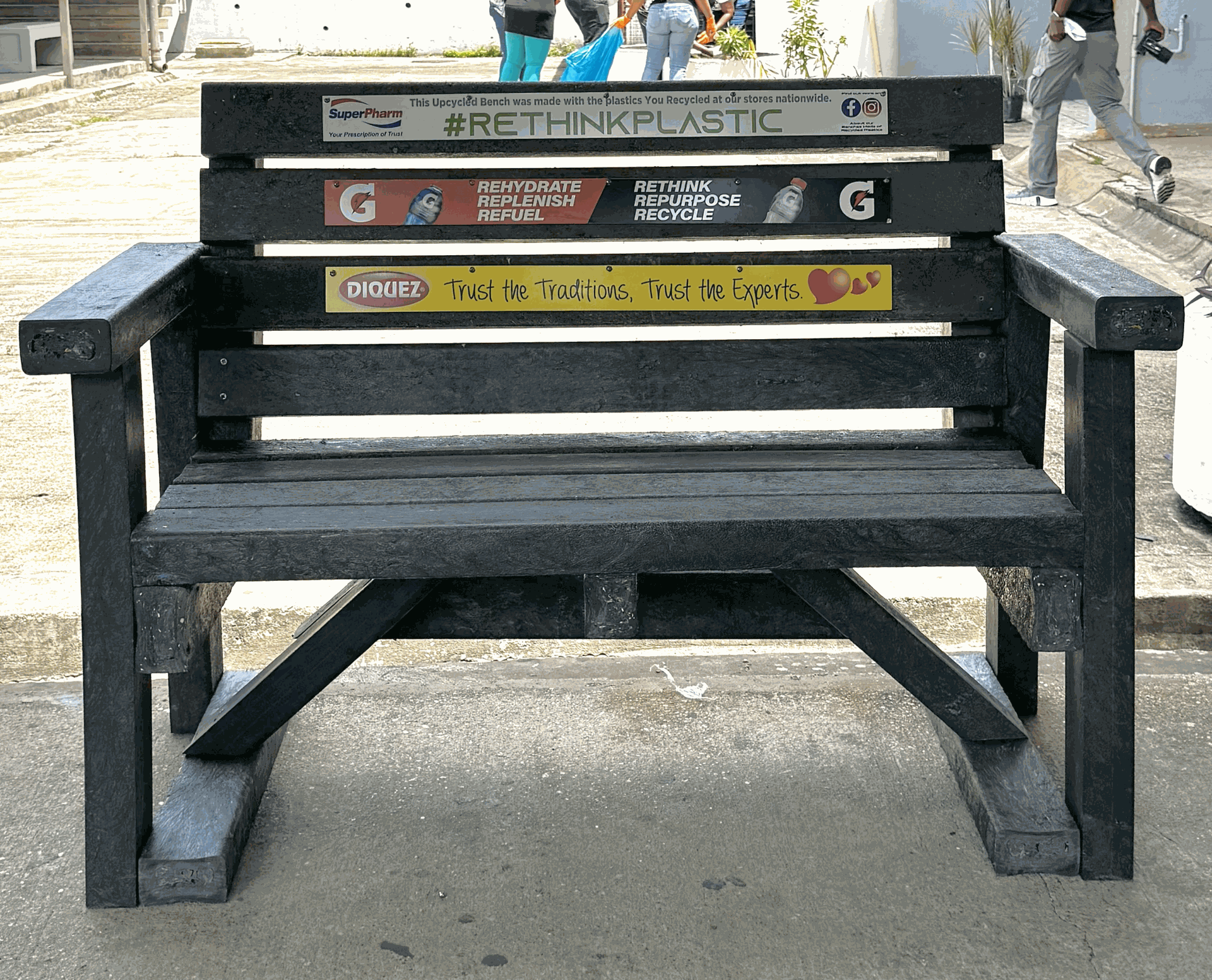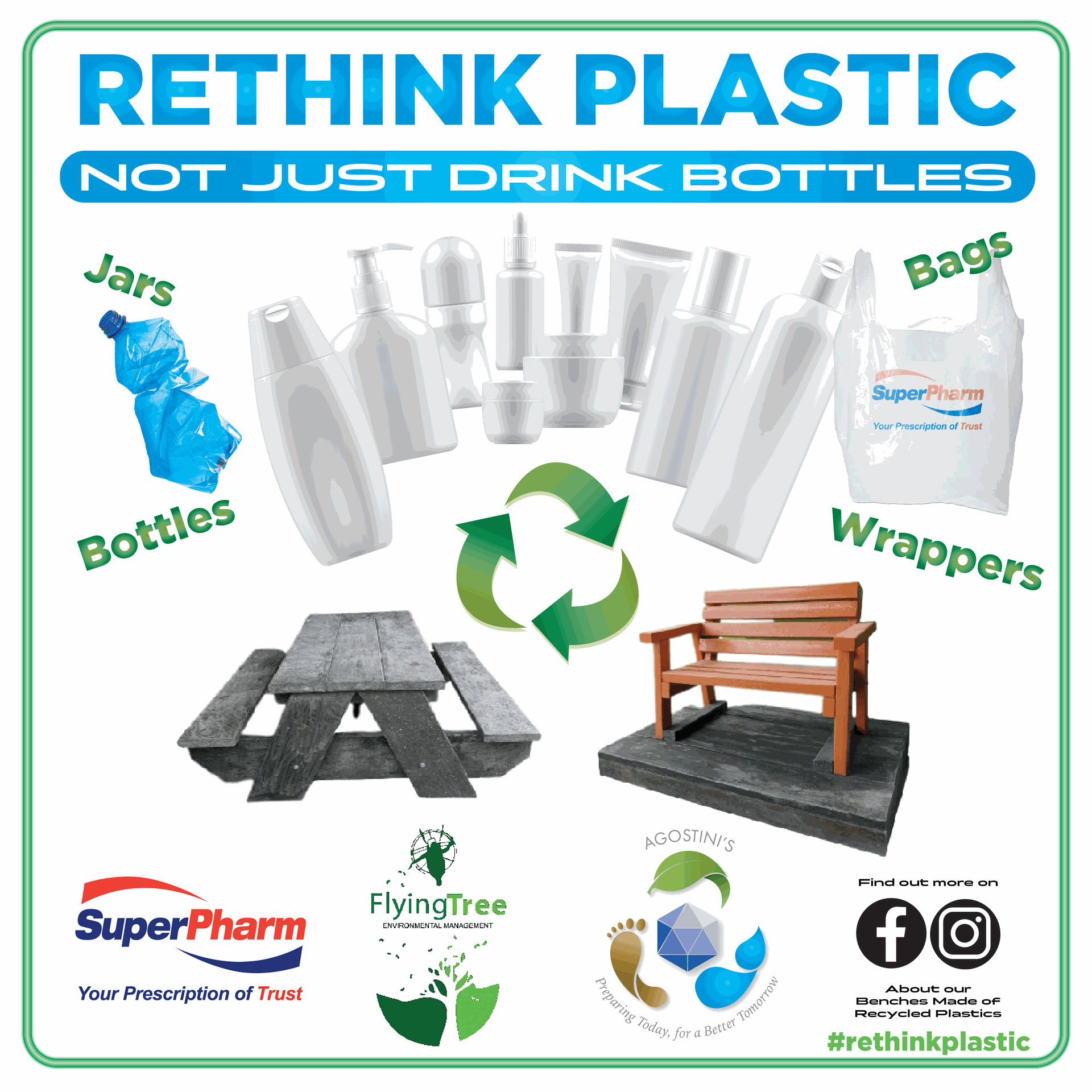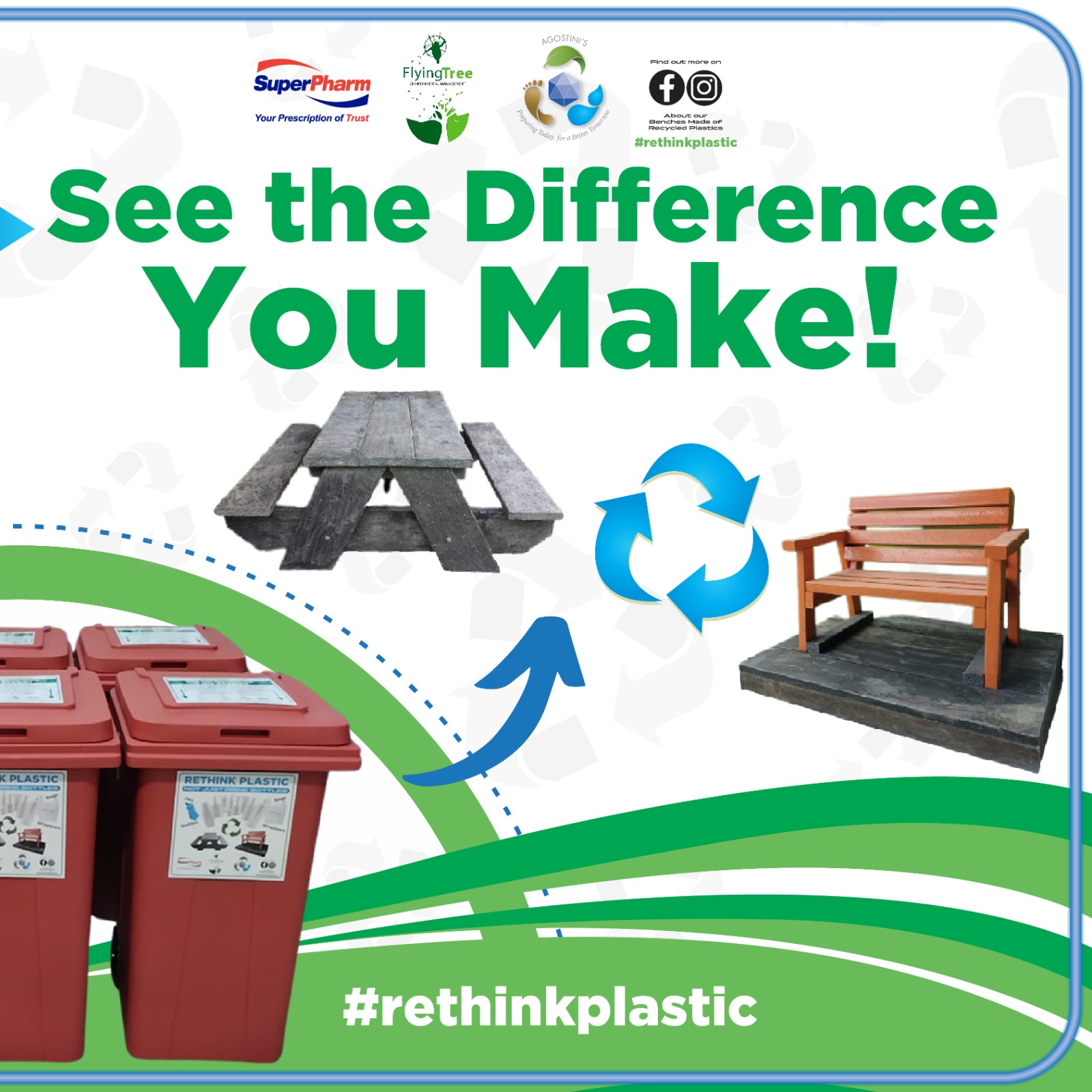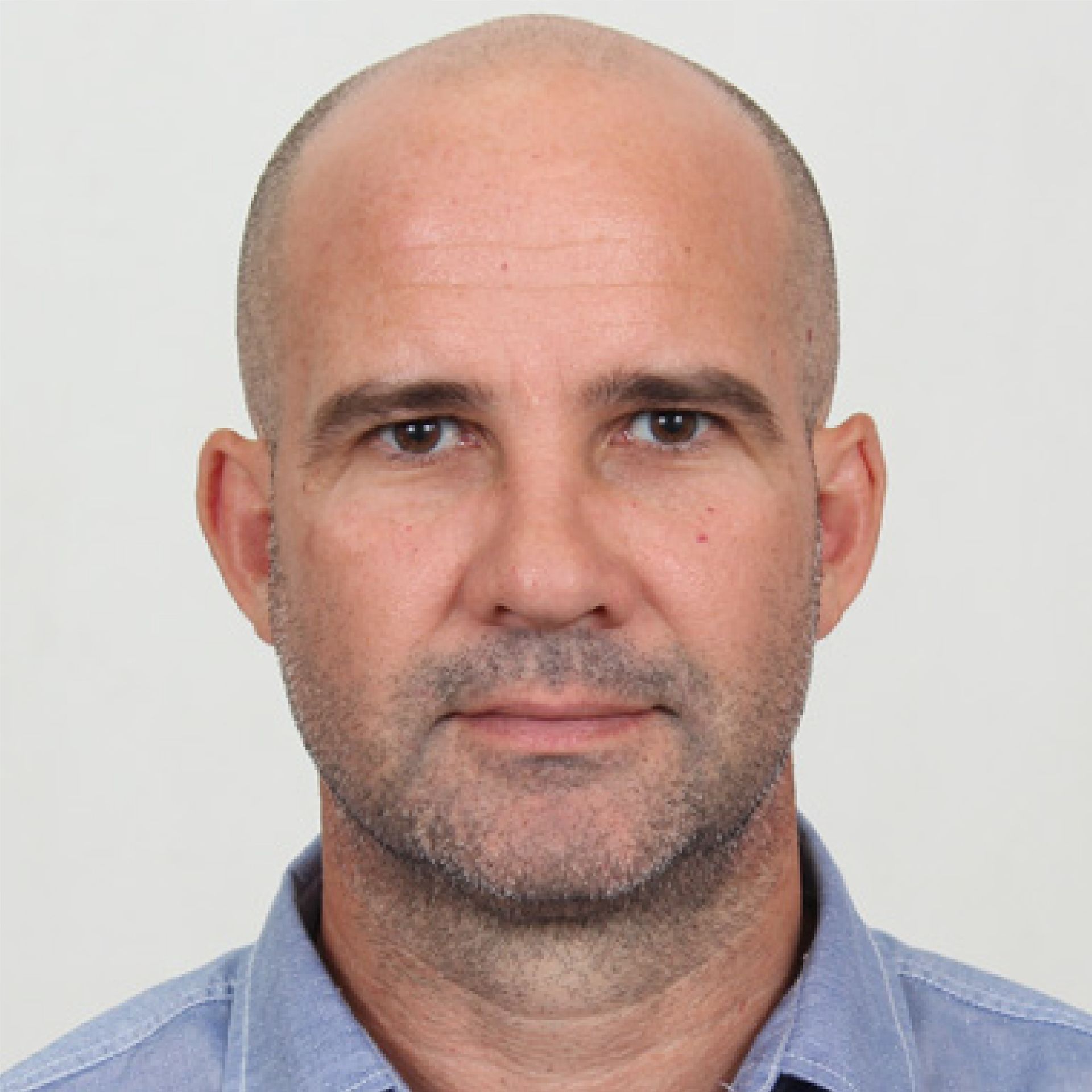Rethinking Plastics
A Local Upcycling Revelation
By Marc Mouttet

These landfills cause soil and water pollution, attract pests, produce foul odours, release harmful gases like methane (a potent greenhouse gas), and contribute to air pollution. All of which adversely impact human health and wellbeing, wildlife, and the natural and economic environment.
The situation is simply untenable, unattractive, unhealthy, unproductive, and unsustainable. Yet, studies suggest that more than 75% of this waste is recyclable. Wow! Things that make you go “hmmm”…
In Trinidad and Tobago, as in most of our region, we struggle to resolve this critical issue. Government, business, and civil society all need to play a collaborative role. Fundamental to this is a renewed thinking of how we define and treat with ‘waste.’
Roles of the public and private sector
The government in Trinidad and Tobago, through the Ministry of Public Utilities, has recently launched three environmental waste policies that aim to create a sustainable and responsible waste management system. While policies show intention and help lay the groundwork, we require the prompt and steadfast action of our nation’s leaders to enable the creation and operation of appropriate facilities. Reform must also be supported by a robust public awareness campaign. Credible and compelling articulation of what, why and most importantly – how?
In tandem, businesses have a duty to seek innovations that transform the traditional take-make-dispose models and facilitate sustainable supply chain networks. Opportunities to partner in the creation of more efficient, integrated value chains.
#Rethinkplastic

Cognizant of the nationwide environmental impacts of single use plastics, Trinbagonian pharmacy-convenience chain store SuperPharm Limited is engaging its customers to “rethink plastic". In partnership with Flying Tree Environmental Management, the company aims to educate customers to help reduce their environmental footprint and provide the opportunity to participate in the application of the four Rs of waste management: reduce, reuse, repurpose and recycle.
Consumers are encouraged to collect, rinse, crush/collapse (to conserve space) and bag an assortment of used plastics. Bagged plastics are then deposited in receptacles at SuperPharm locations nationwide.
The campaign includes a wide variety of plastics that have the potential to be upcycled but lack the systems to do so. Upcycling, also known as creative reuse, is the process of transforming waste, useless, or unwanted items into new materials or repurposed products perceived to be of greater quality, such as artistic or environmental value.
 Flying Tree Environmental Management processes the plastics collected into composite plastic lumber, a building material that can be used in multiple applications. In partnership with Gatorade sports drinks and Diquez skin care products, the materials collected from this programme are being upcycled into park benches to benefit schools and enhance our communities.
Flying Tree Environmental Management processes the plastics collected into composite plastic lumber, a building material that can be used in multiple applications. In partnership with Gatorade sports drinks and Diquez skin care products, the materials collected from this programme are being upcycled into park benches to benefit schools and enhance our communities. We all produce waste. Everything we use must come from somewhere and it must go somewhere. There is no such thing as ‘away.’ When we throw anything away it must go somewhere.
To date, the #Rethinkplastic programme has reduced waste by diverting over 20 metric tons of assorted plastics—the volume of 10 shipping containers that was reused, repurposed, and recycled locally.
#Rethinkplastic has gained endorsement by the Environmental Management Authority (EMA) and was featured in its Assessment of the State of the Environment (ASOE) 2024, a component of the EMA’s annual report. Follow SuperPharm’s social media for updates on the bench build.

Marc Mouttet is the Group Sustainability Director at Agostini Limited